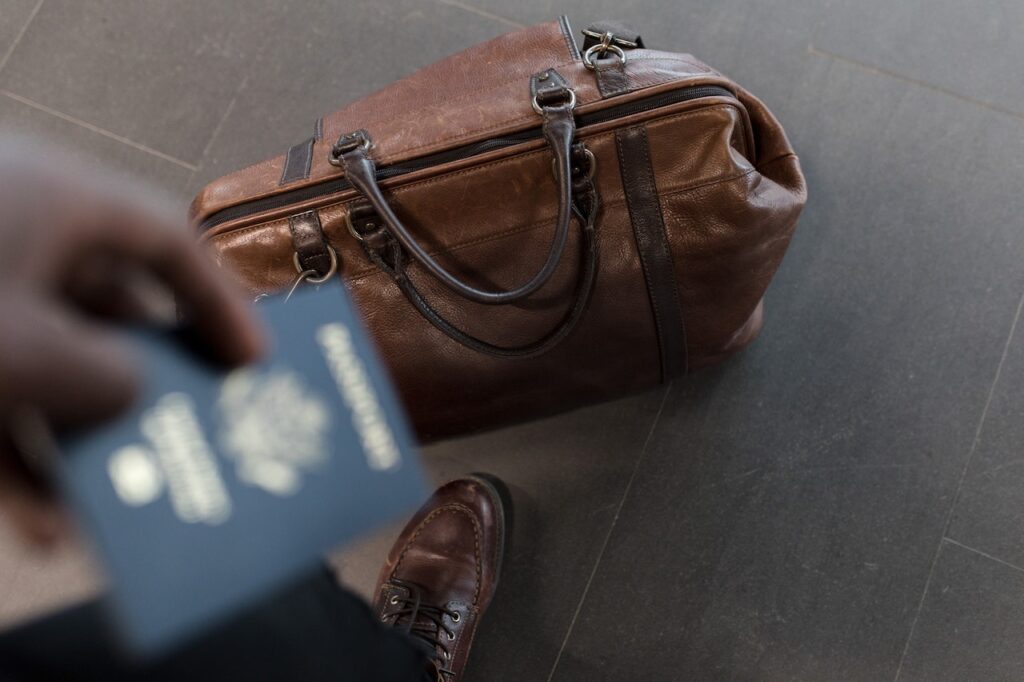Going on business trips can be thrilling, but dealing with taxes can make it complex. When you venture to another state, it’s crucial to understand the tax rules to avoid any legal troubles. This article offers a summary of tax regulations for interstate travel. Furthermore, we’ll discuss corporate accommodations and their impact on your taxes.
State Taxes
You might have to pay state taxes when going on a business trip to another state. Each state has different tax regulations, so it’s crucial to know each state’s rules to prevent legal problems. Some states might require you to pay taxes on the income you make while working there, while others might not.
If you’re uncertain about the tax regulations in the state you’re visiting, it’s advisable to get in touch with the state’s tax department for assistance. Additionally, you can seek advice from a tax expert to help you understand the tax rules in various states.
Deductible Expenses
If you travel to another state for a business trip, you might be able to subtract some of your costs from your taxes. Expenses that can be deducted include travel expenses, accommodation, food, and other costs directly linked to your work-related journey.
To be eligible for deductions, your journey should be mainly for professional reasons. You should also have accurate documentation of your expenditures, such as receipts, to validate your deductions.
Corporate Lodging
Corporate lodging is a type of accommodation that is typically used by businesses to provide their employees with a place to stay while they are travelling for work. This can include hotels, motels, apartments, and other types of lodging.
You should know that staying in a corporate lodging can affect your taxes. If your company pays for your lodging directly, then you cannot deduct the lodging cost from your taxes. However, if you pay for the lodging yourself and your company reimburses you, you may be able to deduct the cost of the lodging from your taxes.
Maintaining records of your accommodation costs and any compensation you get from your employer is crucial to justify your deductions. Additionally, it’s a good idea to seek advice from a tax expert to make sure you’re following proper rules when claiming your accommodation expenses.
State and Local Taxes
In addition to state taxes, you may also be required to pay local taxes when you travel out of state for business purposes. Local taxes can include sales taxes, occupancy taxes, and other taxes specific to the area you are staying in.
If you don’t know the tax regulations in the region you’re visiting, you can contact the local tax office for assistance. Additionally, you can ask for help from a tax expert so you can understand the area’s tax rules.
Conclusion
When travelling out of state for business purposes, you should be aware of the tax guidelines to avoid any legal issues. You may be required to pay state and local taxes, and you may be able to deduct some of your expenses from your taxes.
Always consult a tax professional to follow the correct tax guidelines when travelling out of state because of work. They can help you navigate the tax laws of different states and ensure that you are following the correct guidelines when deducting your expenses.
Book your crew’s corporate lodging with Globeo today and enjoy seamless travel throughout the USA, Canada, and Mexico. Contact us now to learn more about our comprehensive solutions for your business needs.



